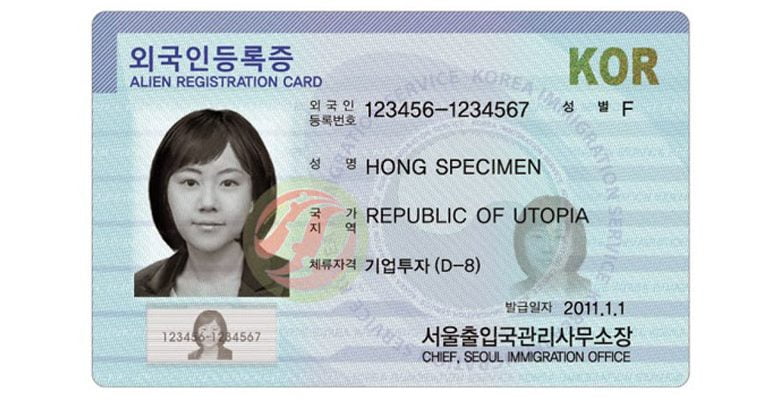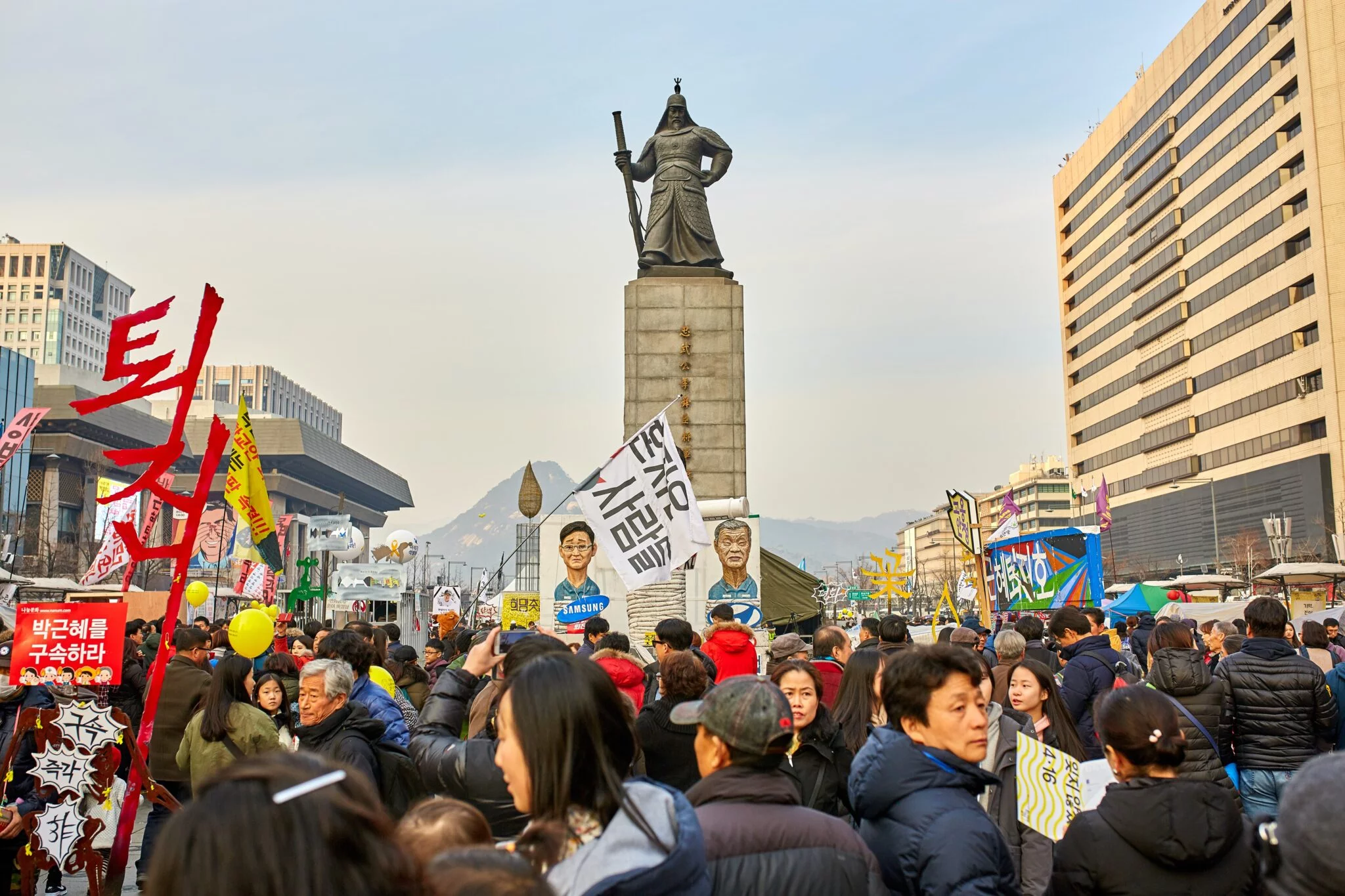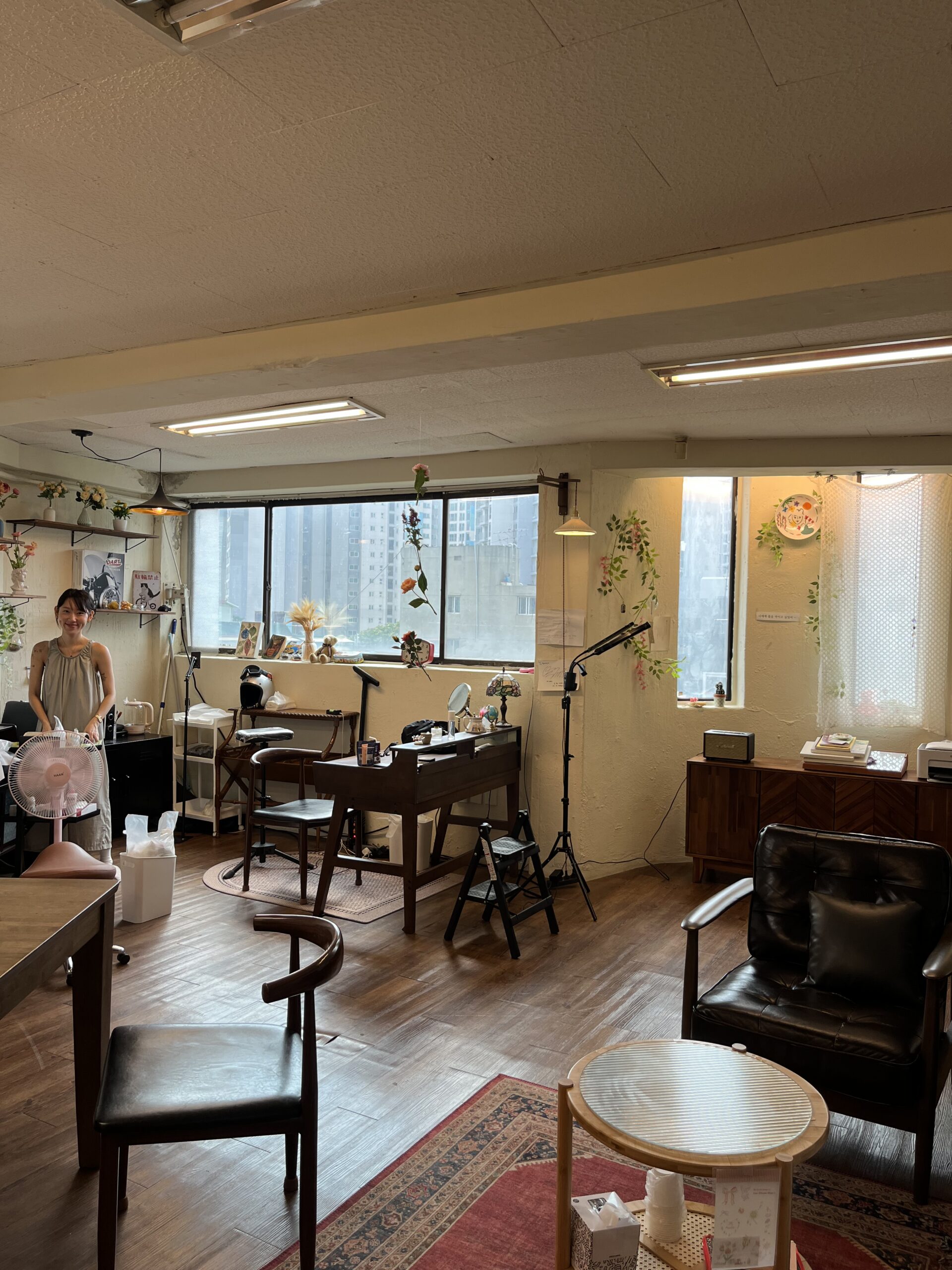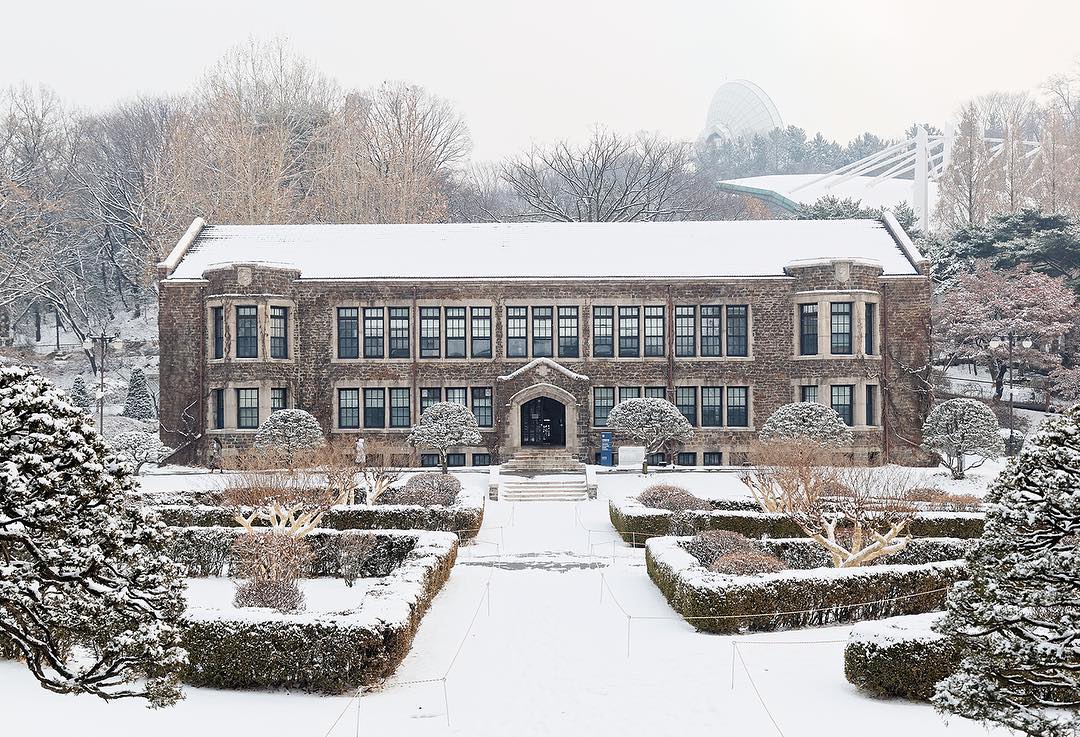Just when it seems you’ve made your peace with Korean immigration, a fine pops out of nowhere! That’s because there are certain things you had no idea they could bust you for. Foreigners tend to face fines (or worse) when forgetting these key Korean Immigration Laws, unknowingly committing offenses in Korea.
When Am I Breaking Korean Immigration Laws?
Changing your address without notifying immigration
You might find yourself changing addresses a few times during your stay in Korea, so it’s important to remember that you need to report this change to immigration. This can easily slip your mind because you won’t be notified. The change of address must be reported within 14 days of moving, otherwise you’ll be subject to a fine of more than ₩100,000, according to Korean Immigration Law.

The good thing is that you don’t have to plan a trip to your designated immigration office, but instead you can report the change at your local district office. The documents you’ll need include your passport and Alien Registration Card (ARC), Proof of Residency (eg. rental contract) and an application form/report form which is available on the HiKorea website.
If you’re not familiar with HiKorea, do not worry! Check out 10 Magazine’s comprehensive guide on what you can do on the website and how to use it.
Updating your passport without notifying immigration
Every now and then you may need to update your passport. Even if you do so at your country’s embassy in Korea, don’t assume immigration will automatically find out. Changes to personal information like name, date of birth, and nationality as well as the passport’s number, date of issue, and date of expiration mean you’ll have to inform the immigration office.
Since there exists a difference between the passport issue date and collection date, the period of imposing fines is calculated starting 44 days after the issue date of a new passport. Failure to report these changes will land you an administrative fine of less than ₩1,000,000 under Article 100 of the Immigration Act.

Source
That being said, reporting changes in passport information is super easy as it can be done online through the HiKorea website, thus eliminating the need to visit a jurisdictional immigration office. This is available to all except for those who are already subject to fines.
Not registering for classes in time or taking a leave of absence
The D-2 student visa is only valid while you’re enrolled in university and taking classes. If you fail to register for the semester’s classes, you’ll be violating the terms of your visa, and the personnel in charge of international students at your school will be obligated to report you to immigration.
Considering taking a leave of absence? When you apply and get your request accepted, your student visa will be disqualified instantly regardless of the expiration date on your alien registration card. So unless you obtain special permission from the Immigration office, you’ll have to leave the country within 14 days of getting approved. If you’re still in Korea after that time, you can be arrested for illegal overstay which could have serious consequences if you want to visit, study, or work in the country later on.
A D-2 visa also becomes void in the event of graduation and expulsion.
Your university should, however, keep you informed on requirements and deadlines to meet in order to avoid any such run-ins with immigration.
Not getting an ARC within 90 days

Long-termers are probably aware of this, although it might be a bit fuzzy in their memory. Newcomers to Korea must apply for their alien registration card/residence card within 90 days of entering the country. If you miss that 3-month window, expect a fine coming your way. But don’t stress – check out our handy guide to getting your ARC.
Not returning your ARC upon departure
It’s important to keep an eye on the expiration date listed on your alien registration card. Holding an expired ARC is a violation that can result in fines, difficulty re-entering the country or getting your visa approved. You must return your Alien registration card upon final departure from Korea. Additionally, for those becoming naturalized, you’re obligated to return it within 15 days upon acquiring Korean citizenship.
Moving workplace offices
As you can imagine, changing workplaces is something you’d need to get permission for from immigration. But moving offices – that too? Yes. This can be very easy to forget because moving workplace locations is a relatively short and unremarkable process. Remember, you’re not reporting the move, you’re asking permission in advance. So if you forget to do this, you’ll easily land yourself in trouble with Immigration. Even if it’s just moving to the building across the street! The reason is that your workplace location is tied to your visa, and hence any change must be requested in advance.
However, your company should notify you of this, especially if you have no say in the move. But it certainly doesn’t hurt to keep this Korean Immigration Law in mind.
Attending a protest
Thinking of attending one of the many protests that go on in Korea? You may want to think twice, as this activity gets foreigners in hot water if caught. The Immigration Control Act states that “No foreigner sojourning in the Republic of Korea shall engage in any political activity with the exception of cases provided by this Act or other statutes.” If you’re identified by authorities, the Ministry of Justice has the power to order a violator “to suspend such activity” or “take other necessary measures”, potentially including deportation or a ban on visa renewal. The law prohibits all foreigners from political activities regardless of visa type. So if you’re determined to participate in a protest, do so with caution!










